Brussel Sprouts
Brussels sprouts are delicious, green, leafy vegetables that are accumulated together to look like a sprout. They belong to Gemmifera group of cabbages and are categorized as a cultivar. They can be easily identified as miniature versions of cabbages.
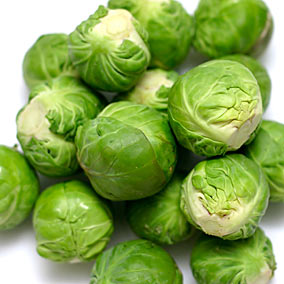
Brussel Sprouts
Table Of Content
It is full of nutrients and is remarkably healthy for the body. It has been used in various culinary preparations all over the world since hundreds of years.
Common Names
Brussels sprouts are known as Bandagobi in Hindi, Kelakos in Tamil and Coles de bruselas in Spanish.
Description
This nutritious vegetable tastes and loks great, as well.
Color: The fresh ones are bright and light green colored.
Shape: The sprouts are round.
Size: Their diameter varies between 2.5 and 4 cm.
Taste: They taste sweetish with a crunchy texture.
Distribution
They might have originated in Belgium. This vegetable is grown in Netherlands, Germany, the United Kingdom and Canada.
Nutritional Facts
Read the nutritional value contained in every 100 gm of these sprouts. 1 sprout contains 8 calories.
| Nutrient | Amount | Percentage |
| Lutein-zeaxanthin | 1590 µg | |
| Crypto-xanthin-ß | 0 µg | |
| Carotene-ß | 450 µg | |
| Carotene-α | 6 µg | |
| Zinc | 0.42 mg | 4% |
| Selenium | 1.6 µg | 3% |
| Phosphorus | 69 mg | 10% |
| Manganese | 0.337 mg | 15% |
| Magnesium | 23 mg | 6% |
| Iron | 1.40 mg | 17.5% |
| Copper | 0.70 mg | 8% |
| Calcium | 42 mg | 4% |
| Potassium | 389 mg | 8% |
| Sodium | 25 mg | 1.5% |
| Vitamin K | 177 µg | 147% |
| Vitamin C | 85 mg | 142% |
| Vitamin A | 754 IU | 25% |
| Thiamin | 0.139 mg | 13% |
| Riboflavin | 0.90 mg | 7% |
| Pyridoxine | 0.219 mg | 17% |
| Pantothenic acid | 0.309 mg | 6% |
| Niacin | 0.745 mg | 4.5% |
| Folates | 61 µg | 15% |
| Dietary Fiber | 3.80 g | 10% |
| Cholesterol | 0 mg | 0% |
| Total Fat | 0.30 g | 1% |
| Protein | 3.38 g | 6% |
| Carbohydrates | 8.95 g | 7% |
| Energy | 43 Kcal | 2% |
Health Benefits
Being such a nutritious vegetable, Brussels sprouts are extremely beneficial for the health.
Digestion and Diet – Every cup of this vegetable has 4 gm of dietary fiber. The fiber prevents constipation, aids in digestion and checks low blood pressure level. The high fiber content controls hunger pangs and, thus, keeps from over-eating. It also protects the stomach lining by preventing Helicobacter pylori from over-growing, which encourages gastric cancer.
Cardiovascular Support – This sprout contains an extremely powerful and effective compound, called isothiocyanate sulforaphane. This compound keeps a check on anti-inflammatory activities in the cardiovascular system. The vegetable also prevents ischemic heart disease, arteriosclerosis and onslaught of heart attack.
Cancer Prevention – Detox-activating isothiocyanates, present in Glucosinolates in the sprout, fights against ovarian, bladder, prostate, lung, colon and breast cancer viruses.
Vitamin C – The vitamin C content boosts up immunity, maintains the blood pressure level, manages hyper tension, protects against lead toxicity and prevents cataracts. It is also an effective anti-oxidant which prevents stroke, heart diseases and atherosclerosis.
Vitamin K – These sprouts have a high amount of vitamin K in them. It improves bone health, promotes nerve and brain functioning, as well as prevents hardening of the body tissues due to calcium deficiency.
Vitamin A – This vitamin content improves the bone and teeth health, enhances body immunity, prevents the urinary stone, as well as fights against macular degeneration and cataract of the eyes.
Folate – This property is crucial for the biochemical event called methylation cycle in the body. It also suppresses the amino acid which encourages heart diseases.
Inflammation – These sprouts contain Glucobrassicin that resists inflammation on the genetic level. The vitamin K property is also highly effective in maintaining the inflammatory responses in the body.
Anti-oxidants – Many highly beneficial anti-oxidants like vitamin A, C and E are present in this vegetable. It also contains mineral manganese, quercitin, kaempferol and isorhamnetin, which protects the body cells against oxidative stress.
DNA – It contains sulphotransferase enzyme activity controlling compounds which stabilize the DNA within white blood corpuscles.
Cholesterol – Its high fiber content decreases the cholesterol level.
Side Effects
Like most other sprouts, Brussels sprouts also can lead to digestion problems if over eaten. If anyone is allergic to vegetable that belong to the group of cabbages, then he should strictly avoid eating these sprouts, as well.
During Pregnancy
It is, usually, recommended eating Brussels sprouts during pregnancy and lactation as it is full of nutrients and minerals. Vitamin A, C and K, iron, magnesium, potassium, fiber, manganese and folate content in the sprout can be beneficial for a healthy pregnancy and uncomplicated delivery of the baby.
How to Cook Brussels Sprouts
Discolored leaves and stems should be removed before washing the sprouts. To get its best taste and nutritional enhancement, cut it into small pieces and let it be for 5-10 min and then cook.
Uses
There is not much use of this vegetable apart from its edibility.
Edible Use
It is rarely eaten raw and is cooked into many dishes across the world.
Medicinal Use
This sprout has been used as a poultice in some traditional medical treatments since ancient days.
Recipes
Many people wonder how to cook Brussels sprouts. It can be made in to various dishes.
- Roasted Brussels sprouts
- Brussels sprouts with bacon
- Brussels sprouts salad
- Baked Brussels sprouts
- Steamed Brussels sprouts
- Grilled Brussels sprouts
- Caramelized Brussels sprouts
- Sautéed Brussels sprouts
- Brussels sprouts casserole
- Fried Brussels sprouts
- Oven roasted Brussels sprouts
- Roasted Brussels sprouts with balsamic
- Brussels sprouts soup
- Pickled Brussels sprouts
- Frozen Brussels sprouts recipe
- Brussels sprouts with pancetta
- Brussels sprouts and chestnuts
Availability
They are available in the market throughout the year. Their peak season is between autumn and spring.
Storage
Store the Brussels sprouts in a plastic bag and keep it in the fridge, without washing or trimming. It can be stored till about for 10 days.
Fun Facts
Know some fascinating facts about Brussels sprouts, in here.
- Smaller sprouts taste better.
- A survey in the year 2002 said that these are the most hated vegetable in Britain.
- These sprouts got their name from the place Brussels in Belgium, where it has been grown widely since the 16th century.
- It was introduced to France and England during the 19th century.
- They were introduced to USA during the early 19th century and were started being commercially cultivated from the year 1925.
Pictures
See the pictures below of fresh, green Brussels sprouts. Identify the fresh ones in the market next time and do not buy the yellowish, stale ones.
References:
http://en.wikipedia.org/wiki/Brussels_sprout
https://www.tasteofhome.com/collection/health-benefits-of-brussels-sprouts/
http://www.fatsecret.com/calories-nutrition/usda/brussels-sprouts
https://www.youbeauty.com/nutrition/brussel-sprouts/
https://www.freshforkids.com.au/vegetables/brussels-sprouts.html
- by anwiksha
- May 2nd 2013

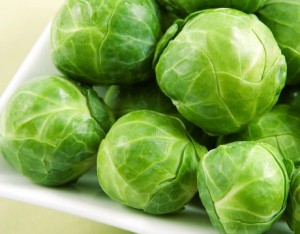
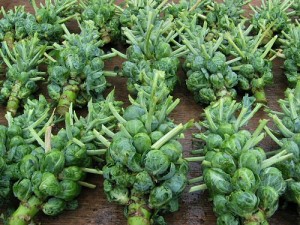
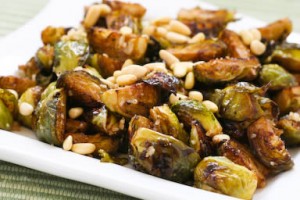
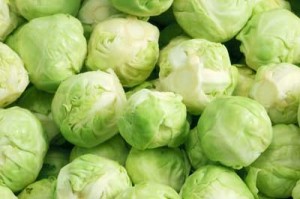
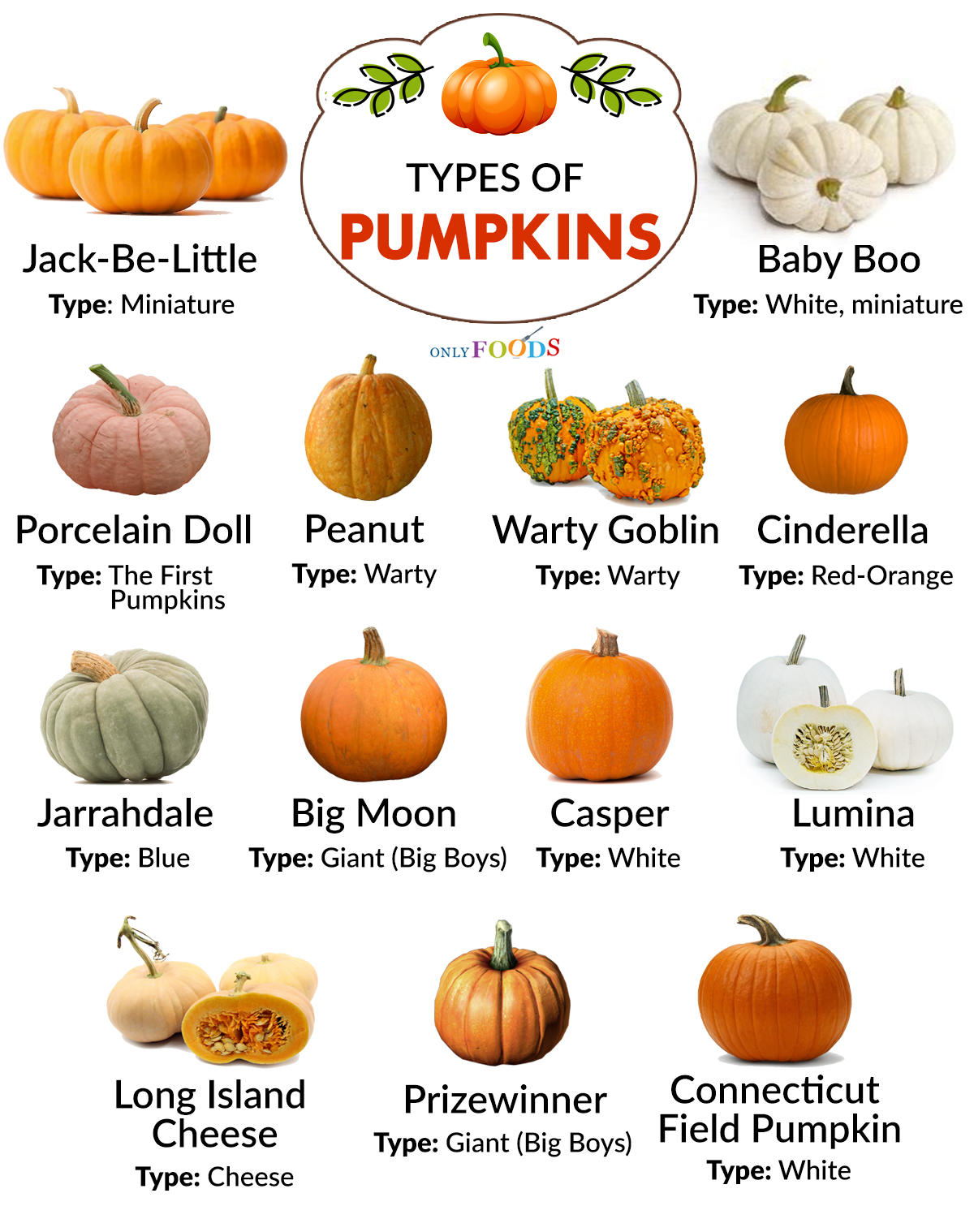
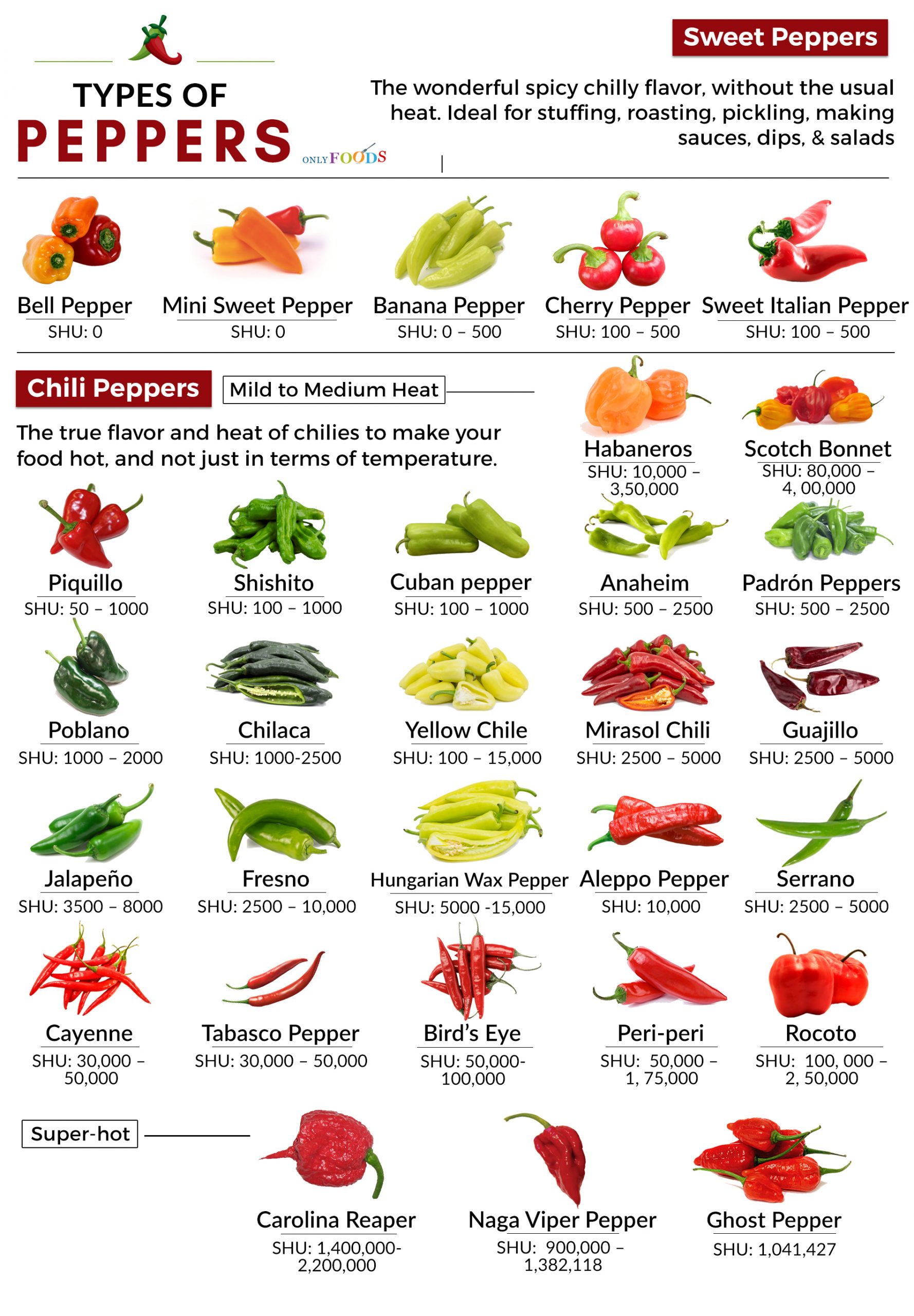
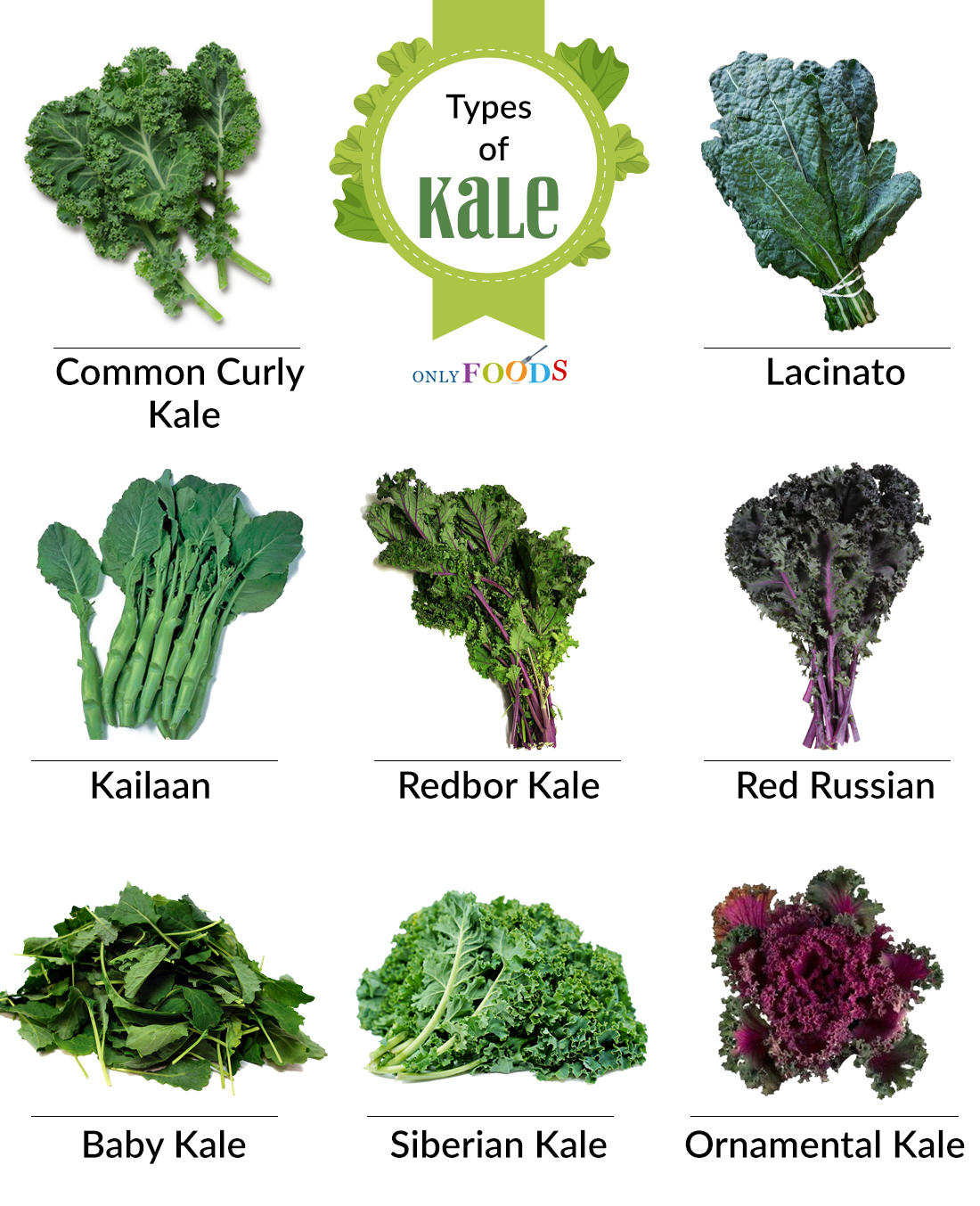
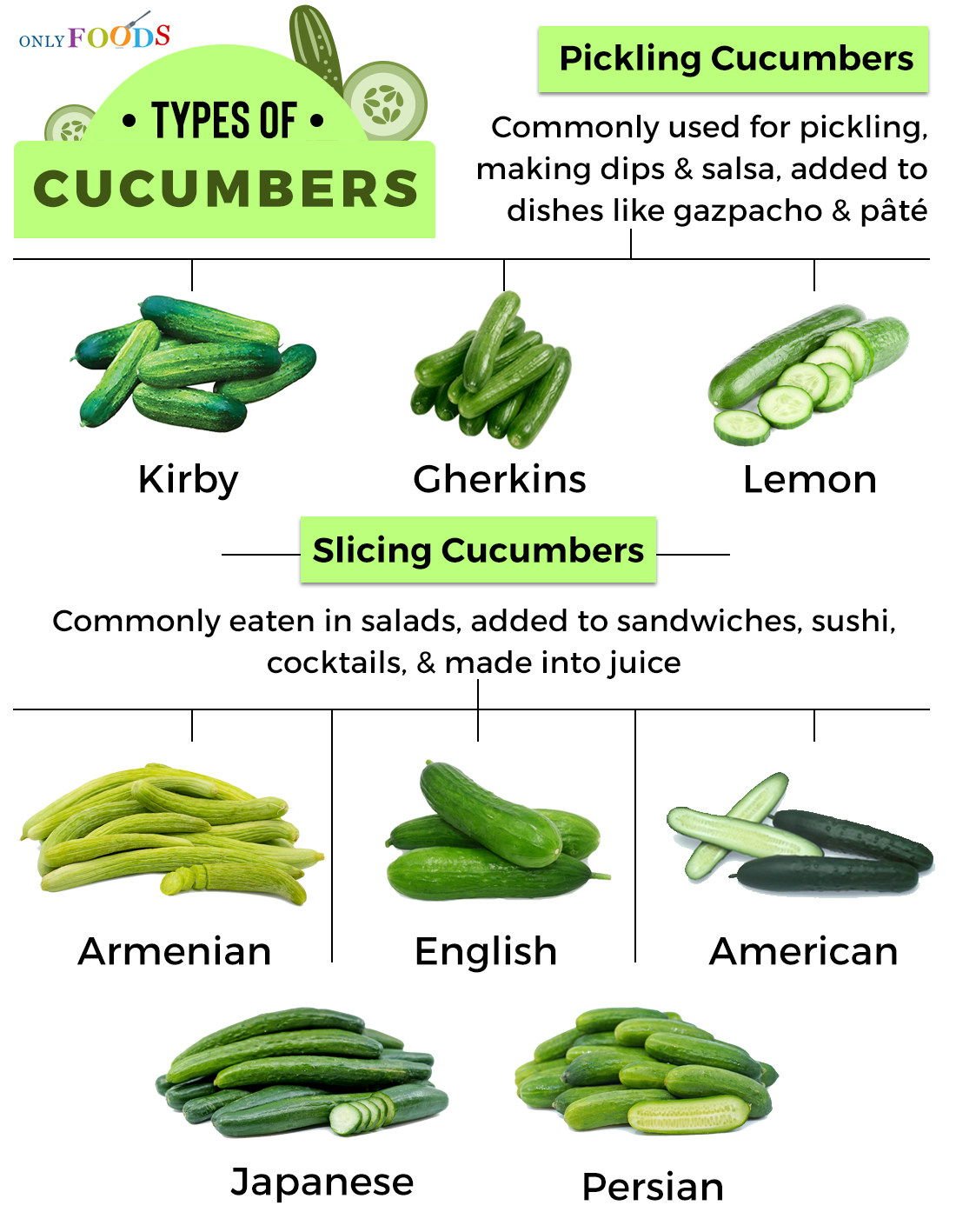

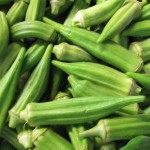
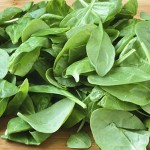
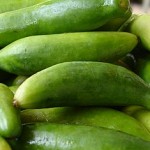
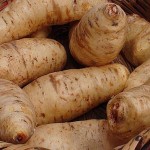
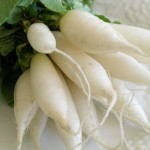
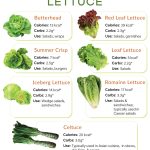

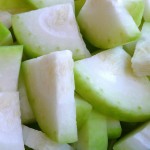
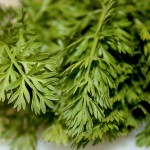
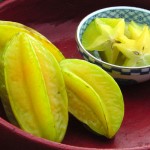
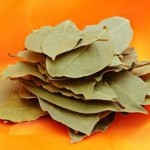

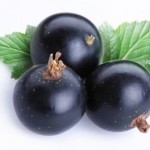
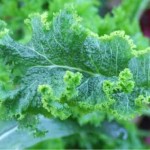
Leave a Reply